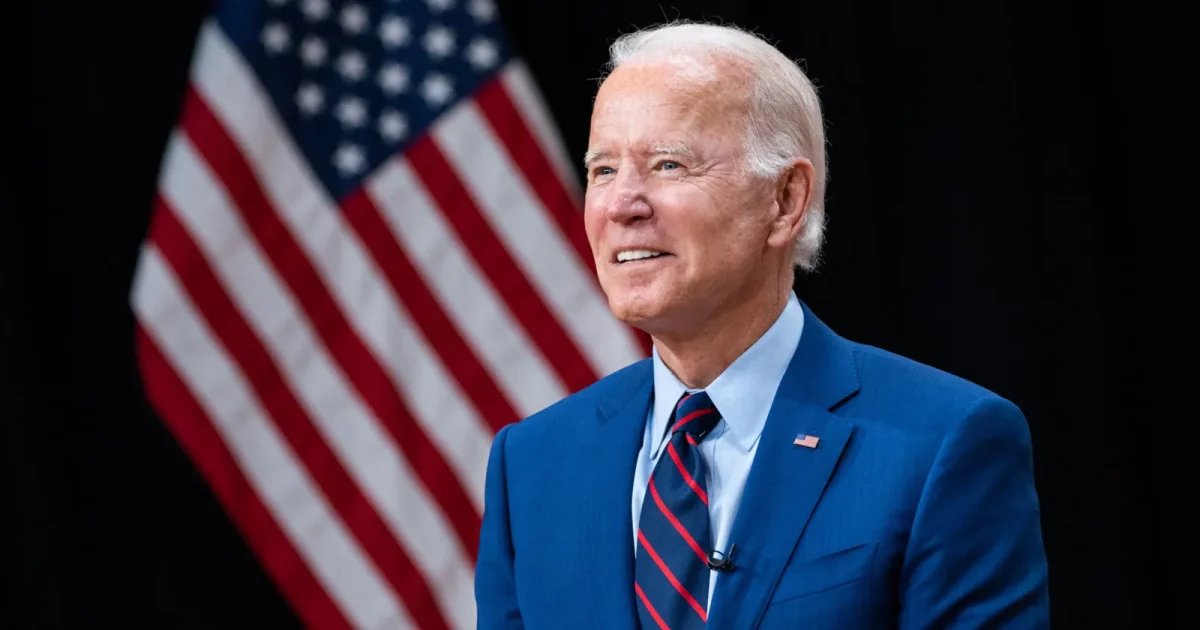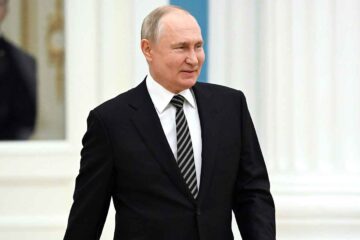
Amidst displays of political acumen, the President of South Korea, Moon Jae-in, made a poignant connection to his country’s freedom from Japan in 1945 during his recent tenure as Chairman of the UN. With the shadows of Japan’s 35-year rule still visible in history, the UN has now focused on its current partnership and emphasized shared values among nations. Given North Korea’s looming nuclear threats, the UN’s prohibition against “communist aggression” was adjusted, placing a new focus on deterrence. The Biden administration aims to recalibrate prior Asian policies, fortifying against China’s influence and enhancing regional stability through longstanding relationships with American allies. This endeavor finds significance at the prestigious Camp David, nestled within the Catskill Mountains of Maryland, where the Summit serves as an understated nod to the ongoing efforts in South Korean-Japanese relations.
While the Summit doesn’t formalize protective agreements, it underscores the importance of understanding each other’s regional concerns, promising progress. Dennis Wilder, former Director of Japan-Korea Relations and a professor at Georgetown University, remarks on the significant nature of this meeting: “The Camp David summit is truly significant; it brings together South Korea and Japanese leaders. Coming together was a challenge in itself.”
The evolving backdrop of improved relations faces challenges from an assertive China and the unpredictable North Korea. The personal rapport between President Moon and his Japanese counterpart, Kishida, serves as an inspiring force in this context. Kim Tae-hyo, South Korea’s Deputy National Security Advisor, cited the “urgency” of progress in dealing with ballistic missile defense and promoting collaborative efforts in economics and scientific research, in addition to bolstering their security relationship. US Indo-Pacific Command’s Admiral Campbell envisioned the annual Summit and crisis hotline as a stabilizing factor, while White House’s Senior Director for East Asia, Meera Rap-Hopper, hopes to advance progress by sharing advanced missile data.
Even as positive progress unfolds, challenges persist. Kishida’s offerings at the Yasukuni Shrine irked South Korea and drew China’s criticism. The decision to release water from the Fukushima nuclear project into the ocean added fuel to regional tension. While the Summit may not dispel tensions immediately, it signals America’s intent to assertively separate from China politically.
Amidst global dynamism, Biden’s administration has an eye on reducing tension ahead of possible dialogue with China’s President Xi Jinping. Meanwhile, North Korea’s focus on “Asian NATO” and concerns over growing military ties with Russia and China remain. Leader Kim Jong Un’s engagements with China and Russia have shaped complex geopolitical dynamics, reflecting a multifaceted political landscape.



